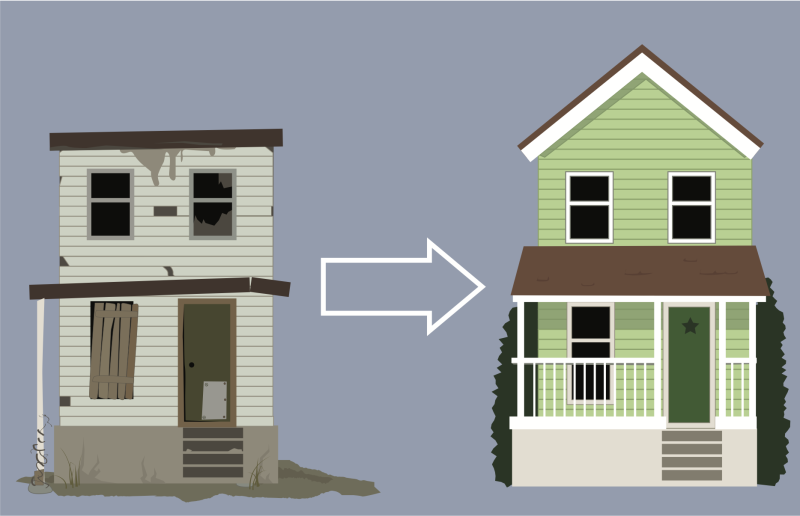
The consent order requires GreenSky to refund or cancel up to $9 million in loans for the customers harmed by this illegal conduct.
- GreenSky used merchants to promote and offer financing to customers before making immediate lending decisions based on criteria provided by its partner banks.
- Proceeds from GreenSky’s loans would bypass consumers and be disbursed directly to merchants following the merchants’ application for payment.
- GreenSky received at least 6,000 complaints from consumers who claimed they did not authorize the submission of a loan application.
- Complaint investigations have found that its merchants were at fault in at least 1,600 instances.
The Consumer Financial Protection Bureau (CFPB) issued a consent order against GreenSky for enabling contractors and other merchants to take out loans on behalf of thousands of consumers who did not request or authorize them. The consent order requires GreenSky to refund or cancel up to $9 million in loans for the customers harmed by this illegal conduct. Additionally, the company must pay a $2.5 million civil penalty and implement new procedures to prevent future fraudulent loans.
The Atlanta-based GreenSky, a non-bank institution, used merchants to promote and offer financing to customers before making immediate lending decisions based on criteria provided by its partner banks. Proceeds from GreenSky’s loans would bypass consumers and be disbursed directly to merchants following the merchants’ application for payment. Consumers began to complain that they never applied for a loan or even heard of GreenSky before receiving billing statements, collection letters, and calls from the company.
In violation of the Consumer Financial Protection Act of 2010 (CFPA), GreenSky engaged in unfair practices such as processing and servicing unauthorized loans, and structuring the GreenSky Program to enable unauthorized loans.
Between 2014 and 2019, GreenSky received at least 6,000 complaints from consumers who claimed they did not authorize the submission of a loan application. Complaint investigations have found that its merchants were at fault in at least 1,600 instances. GreenSky also failed to implement adequate merchant training and oversight, and neglected to manage consumer complaints.
According to the CFPA, the CFPB will be permitted to take action by ordering GreenSky to cancel or refund $9 million in loans, pay a $2.5 million civil penalty, and take steps to prevent future abuses.
“GreenSky’s careless business and customer service practices enabled its merchants to take advantage of vulnerable consumers who needed financial help to repair their homes and to pay for other critical retail services by setting up loans without consumers’ consent,” said CFPB acting director, Dave Uejio. “For consumers to wind up in debt to GreenSky for loans they never knew about is simply wrong. The CFPB will not stand for practices that allow conduct like this in the marketplace.”
For more information, read the CFPB’s consent order.




